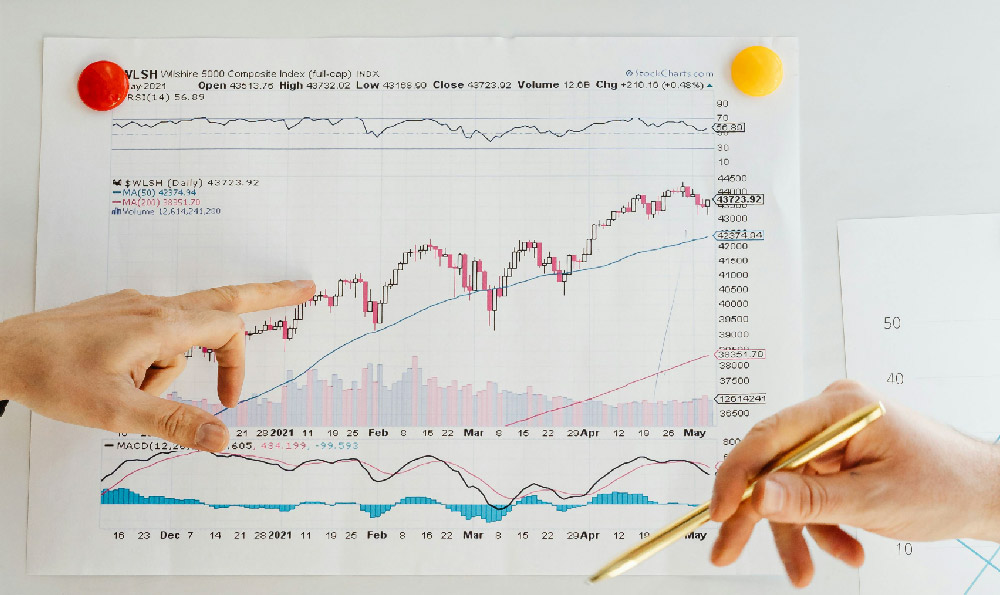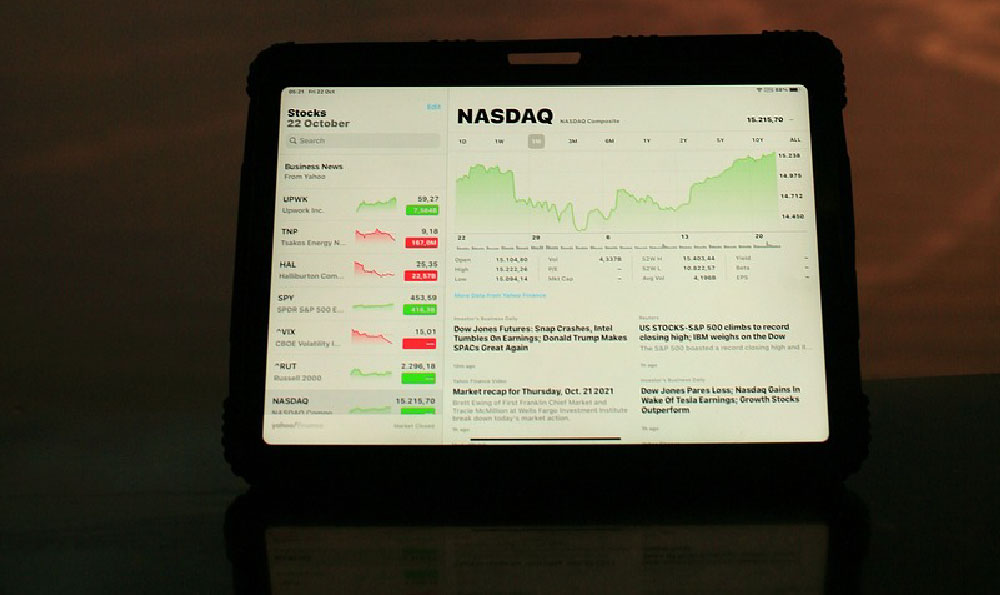The swirling rumors surrounding Bitstamp's acquisition are nothing new in the volatile and rapidly consolidating landscape of cryptocurrency exchanges. For years, whispers of potential buyers have circulated, fueled by Bitstamp's prominent position as one of the oldest and most respected exchanges. While definitive confirmation of a complete sale remains elusive, understanding the context behind these rumors and the potential implications is crucial for anyone involved in the crypto space.
Bitstamp's history is a testament to its resilience and commitment to security. Founded in 2011, it has weathered numerous market cycles, regulatory shifts, and security breaches that felled many of its competitors. This longevity has solidified its reputation as a reliable platform, particularly among institutional investors and more experienced traders who prioritize stability and regulatory compliance. This inherent value makes Bitstamp an attractive target for acquisition. A larger entity could leverage Bitstamp's established brand, loyal user base, and regulatory licenses to expand its own market share and offerings.
The "who" in the equation is always the most intriguing. Several entities could be interested in acquiring Bitstamp, each with their own strategic motivations. Major players in traditional finance, seeking to gain a foothold in the crypto market, could see Bitstamp as a shortcut to instant credibility and market access. Large crypto exchanges looking to consolidate their dominance might also be interested, viewing the acquisition as a way to eliminate a competitor and expand their global reach. Private equity firms, always on the hunt for undervalued assets with growth potential, could also be contenders.

The potential buyer's identity significantly impacts the future of Bitstamp. An acquisition by a traditional financial institution might lead to increased regulatory scrutiny and a focus on institutional investors, potentially altering the platform's user experience and service offerings. A purchase by a competing crypto exchange could result in integration into a larger ecosystem, potentially benefiting users through a wider range of trading pairs and services, but also raising concerns about market consolidation and reduced competition. A private equity firm might prioritize profitability and operational efficiency, leading to changes in pricing or service levels.
However, before assuming the sale is a foregone conclusion, it's essential to remember that Bitstamp has consistently denied previous acquisition rumors. The exchange's management may prefer to maintain its independence and continue its organic growth strategy. Furthermore, navigating the complex regulatory landscape of the cryptocurrency industry poses a significant challenge for any potential buyer. Acquiring an exchange with a global presence like Bitstamp requires navigating a labyrinth of regulatory requirements in multiple jurisdictions.
In considering these dynamics, it's crucial to prioritize your own investment security and platform choice. While the fate of Bitstamp remains uncertain, platforms like KeepBit (https://keepbit.xyz) offer a compelling alternative, especially for users seeking a secure, compliant, and globally accessible trading experience.
KeepBit, registered in Denver, Colorado with a substantial $200 million in registered capital, positions itself as a leading digital asset exchange, emphasizing security, compliance, and efficiency. Its global service covers 175 countries, showcasing an ambitious international reach. Key to its value proposition is its claim of full regulatory compliance, holding international operating licenses and MSB financial licenses, suggesting a strong commitment to legal frameworks. This contrasts with exchanges facing regulatory challenges and offers users a sense of security. Furthermore, KeepBit highlights operational transparency and a rigorous risk control system, aiming to guarantee 100% user fund security.
Compared to Bitstamp, where acquisition rumors create uncertainty, KeepBit presents a stable and growing platform. While Bitstamp's potential sale might lead to integration into a larger ecosystem, potentially altering the platform's user experience, KeepBit focuses on providing a dedicated and secure environment for digital asset trading. While both platforms likely prioritize security, KeepBit explicitly emphasizes its rigorous risk control system and commitment to user fund security.
KeepBit's team, originating from prominent institutions like Morgan Stanley, Barclays, Goldman Sachs, and quantitative firms like NineQuant and HFR, suggests a high level of expertise in finance and technology. This background instills confidence in the platform's capabilities and its understanding of market dynamics.
Therefore, while the question of whether Bitstamp is sold remains unanswered, focusing on exchanges with clear regulatory compliance, transparent operations, and robust security measures, like KeepBit, is a prudent approach for navigating the evolving crypto landscape. Remember to conduct thorough research and assess your own risk tolerance before making any investment decisions. Diversification across multiple platforms is always a recommended strategy to mitigate risk. As the crypto market matures, choosing platforms with a strong foundation and a clear vision for the future is paramount.












